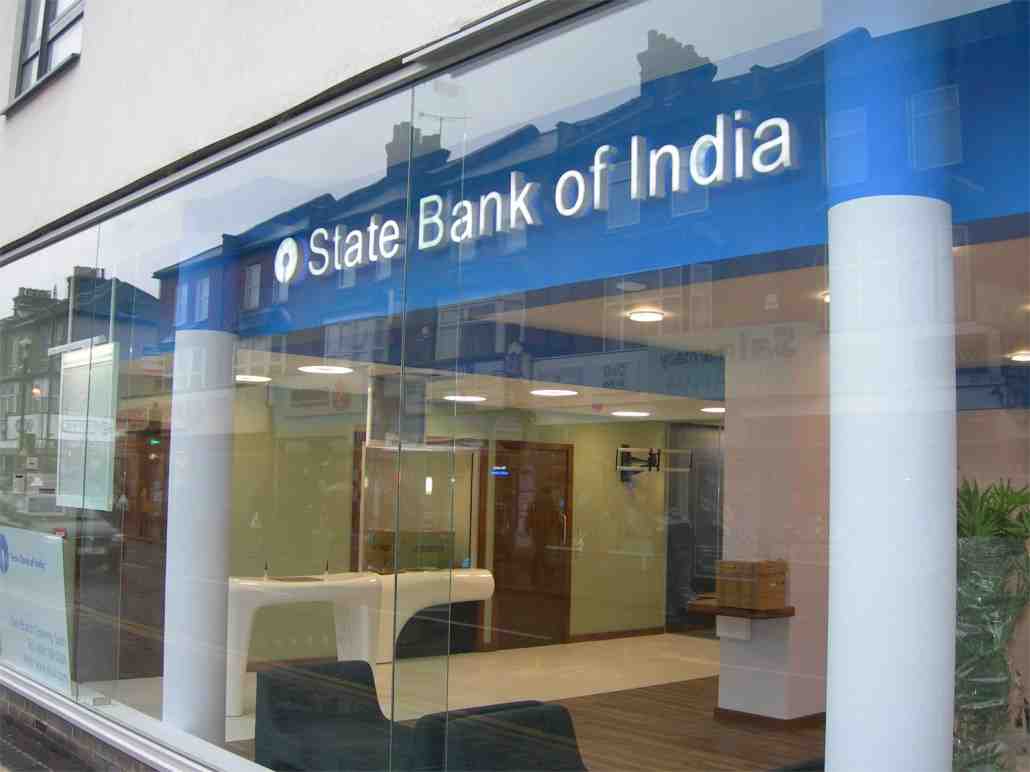SBI’s recent directive regarding employee demat accounts could influence brokerage and banking sectors. Understand its broader implications.
Source and citation: “SBI Asks Staff to Seek Nod for Opening Demat A/Cs with Other Brokerages” by ET Bureau, May 29, 2024.
TLDR For This Article:
SBI has mandated its employees to seek approval before opening demat accounts with brokerages other than SBI Securities, aiming to consolidate financial activities within its services.

Analysis of this news for a layman:
State Bank of India (SBI), India’s largest bank, has introduced a policy requiring its employees to obtain approval if they wish to open demat accounts with brokerages other than its own subsidiary, SBI Securities. This move is part of an effort to streamline financial services within the SBI ecosystem, potentially ensuring better compliance and monitoring of financial transactions made by its staff.
Impact on Retail Investors:
- Understanding Bank Policies: Retail investors can learn about the importance of internal compliance and risk management in large financial institutions.
- Investment Opportunities: Might see a shift in where retail investors choose to open demat accounts, possibly favoring larger, integrated financial services providers like SBI.
- Market Dynamics: Could influence how brokerages compete for clients, potentially leading to improved services or lower fees to attract non-SBI employees.
Impact on Industries:
- Banking and Finance: SBI’s move may encourage other banks to adopt similar policies, affecting how financial products are marketed and managed across the industry.
- Brokerage Services: Could face challenges as large banks like SBI internalize their services, reducing market share for independent brokerages.
- Fintech and Regtech: Increased focus on compliance and internal monitoring might drive demand for technology solutions that assist with regulatory requirements and risk management.
Long Term Benefits & Negatives:
Benefits:
- Increased Cohesion: Streamlining where employees hold accounts could lead to more integrated and efficient operations within SBI.
- Enhanced Compliance: Helps in maintaining closer oversight of financial transactions, potentially reducing the risk of fraud or non-compliance.
Negatives:
- Reduced Choices for Employees: This policy may limit financial freedom for employees, affecting their ability to choose preferred financial services.
- Potential for Market Distortion: If other large institutions follow suit, it could reduce competition in the financial services sector, potentially leading to higher costs for consumers.
Short Term Benefits & Negatives:
Benefits:
- Quick Integration: Can quickly bring a large number of employee accounts under SBI Securities, improving management and service delivery.
- Boost for SBI Securities: Likely to see an immediate increase in the number of accounts, boosting its market position.
Negatives:
- Employee Dissatisfaction: The policy might be unpopular among employees who prefer other services, potentially affecting morale and job satisfaction.
- Operational Challenges: Implementing and managing the approval process could initially strain resources.
Public Companies and Impact:
- SBI Securities: Likely to directly benefit from an increase in accounts if SBI employees comply with the new directive.
- Other Major Brokerages like ICICI Securities and HDFC Securities: Might see a decrease in potential clients from SBI’s pool of employees, impacting their growth strategy.
How This Affects Retail Investors and Lessons: Retail investors should note how integrated financial services within large banking institutions can affect their investment choices and the competitive landscape of financial services. Understanding these dynamics helps in making informed decisions about where to place their investments and how to interpret policies from financial giants like SBI.
Companies Potentially Affected by SBI Policy on Demat Accounts
Indian Companies Likely to Gain:
- SBI Securities: SBI’s nudging of employees and their dependents towards SBI Securities could lead to an increase in customer base and trading activity for SBI Securities. This could benefit their brokerage revenue and profitability.
Uncertain Impact:
- Other Brokerage Firms: The SBI policy might discourage SBI employees from opening accounts with other brokerages. This could lead to a loss of potential customers for other brokerage firms, especially in the short term. However, the impact is likely to be limited considering the vast size of the Indian retail investor base.
Indian Companies Likely to Lose:
- SBI: The policy could be seen as anti-competitive and damage SBI’s reputation for neutrality, especially since they are the country’s largest bank. This could negatively impact customer sentiment towards SBI.
Overall, the SBI policy is a positive development for SBI Securities but could raise concerns about anti-competitive practices and damage SBI’s reputation. The impact on other brokerages is likely to be limited.